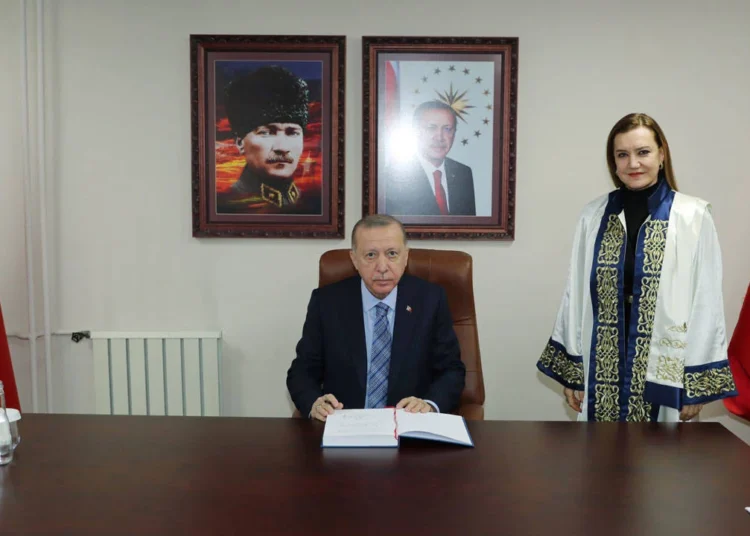Levent Kenez/Stockholm
In a decree issued by President Recep Tayyip Erdogan on February 16, controversial figures and members of the ruling party were once again appointed as ambassadors, raising questions about the criteria used for these appointments. Observers note a systematic increase in political appointments within the Ministry of Foreign Affairs under the Erdogan government. Moreover, aside from the debate surrounding the qualifications of the ambassadors appointed, a significant portion of them also face serious allegations of corruption and criminal activity.
In the latest decree the most controversial figure is without doubt Nükhet Hotar, the former rector of 9 Eylül University in İzmir. Hotar has been appointed as Turkey’s special representative to the Union for the Mediterranean, an intergovernmental organization consisting of 43 member states from Europe and the Mediterranean Basin, bestowed with the title of ambassador.
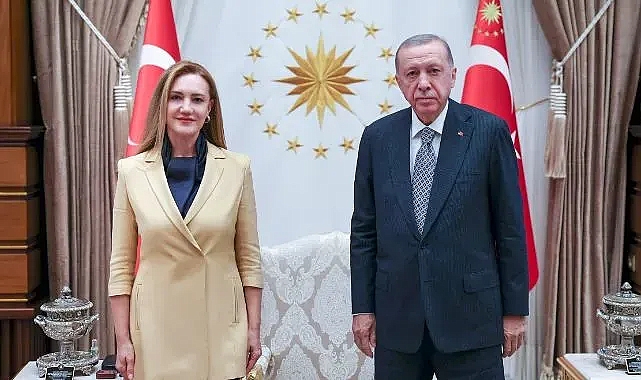
Hotar, a former deputy chairman of the ruling Justice and Development Party (AKP) who also served as a lawmaker from İzmir, was appointed by Erdogan as the rector of 9 Eylül University in September 2018.
In 2021 Serkan Kurtuluş, a Turkish national arrested in Argentina on an INTERPOL Red Notice in 2020, made shocking claims regarding an assassination plot targeting American pastor Andrew Brunson, who was convicted by a Turkish court of involvement in terrorism. Kurtuluş alleged that Hotar played a central role in orchestrating the scheme. Hotar was accused by Kurtuluş of leading an organized crime network alongside Gürbüz Yüksel, then-regional head of Turkey’s National Intelligence Organization (MIT) in Izmir. Kurtuluş’s claims implicated several officials, including Chief Public Prosecutor Okan Bato and Ahmet Kurtuluş, then-deputy head of the AKP’s İzmir branch, in coordinating illegal activities. Brunson, the target of the alleged assassination plot, is an American pastor who lived in Turkey for over 20 years and was detained on charges of supporting the Gülen movement and having links to the outlawed Kurdistan Workers’ Party (PKK). He was released and allowed to return to the US in October 2018 following intense diplomatic pressure from the Trump administration.
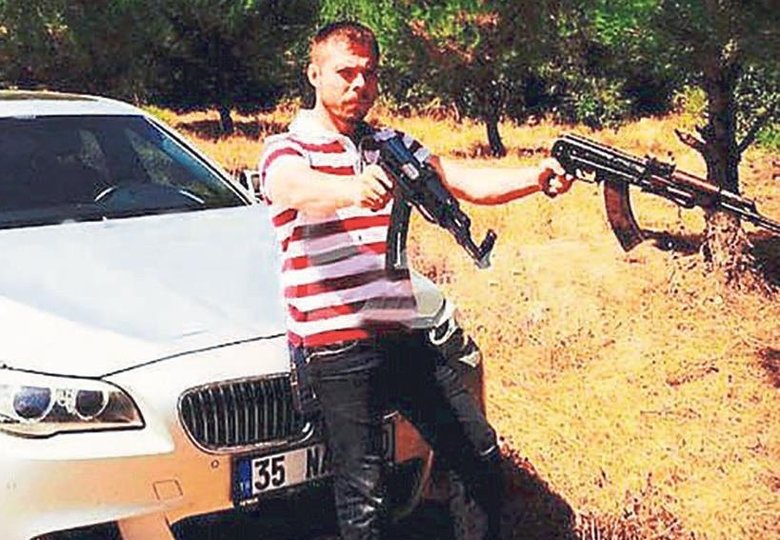
Additionally, Hotar is also accused of being the instigator behind an assault on journalist Süleyman Gencel, who is currently incarcerated for defamation against her. Gencel was reportedly beaten and assaulted, allegedly on Hotar’s orders, in 2013. Furthermore, Hotar has been implicated in corruption scandals, including allegations of accepting bribes in exchange for ensuring that businessmen affiliated with the Gülen movement, a government critic, in İzmir faced no legal repercussions for their affiliations. According to revelations made by Serkan Kurtuluş, as had happened in the Brunson case, a criminal network comprising prosecutors, MIT operatives and mafia members who received directives from Hotar kidnapped and tortured Gülen-affiliated businessmen. Following a controversial coup attempt in 2016, the Erdogan government designated the Gülen movement as a terrorist organization and initiated a crackdown, arresting individuals associated with it on terrorism charges.
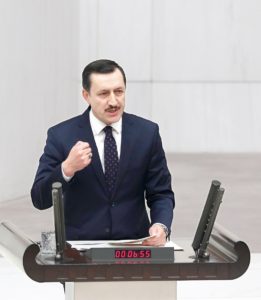
Appointed by Erdogan as ambassador to Saudi Arabia last week, former deputy Emrullah İşler faced allegations of leveraging his political influence to promote his family’s business interests in Libya while undertaking covert operations on behalf of Erdogan as Turkey’s special presidential envoy to Libya. İşler’s brother, Ahmet Sami İşler, reportedly conducted business activities in Libya under Emrullah’s political cover, with Emrullah using his position as a lawmaker and advisor on Arab affairs to promote his brother’s ventures. Despite being rewarded with a deputy prime minister position by Erdogan in 2013, Emrullah continued to advocate for his brother’s businesses during private meetings with Libyan officials and politicians, thereby blurring the lines between his official duties and personal interests. Furthermore, Emrullah İşler is notorious for making comments sympathetic to the Islamic State in Iraq and Syria (ISIS), claiming in a tweet dated October 8, 2014 that their actions did not amount to torture, although he later deleted the tweet following blowback.
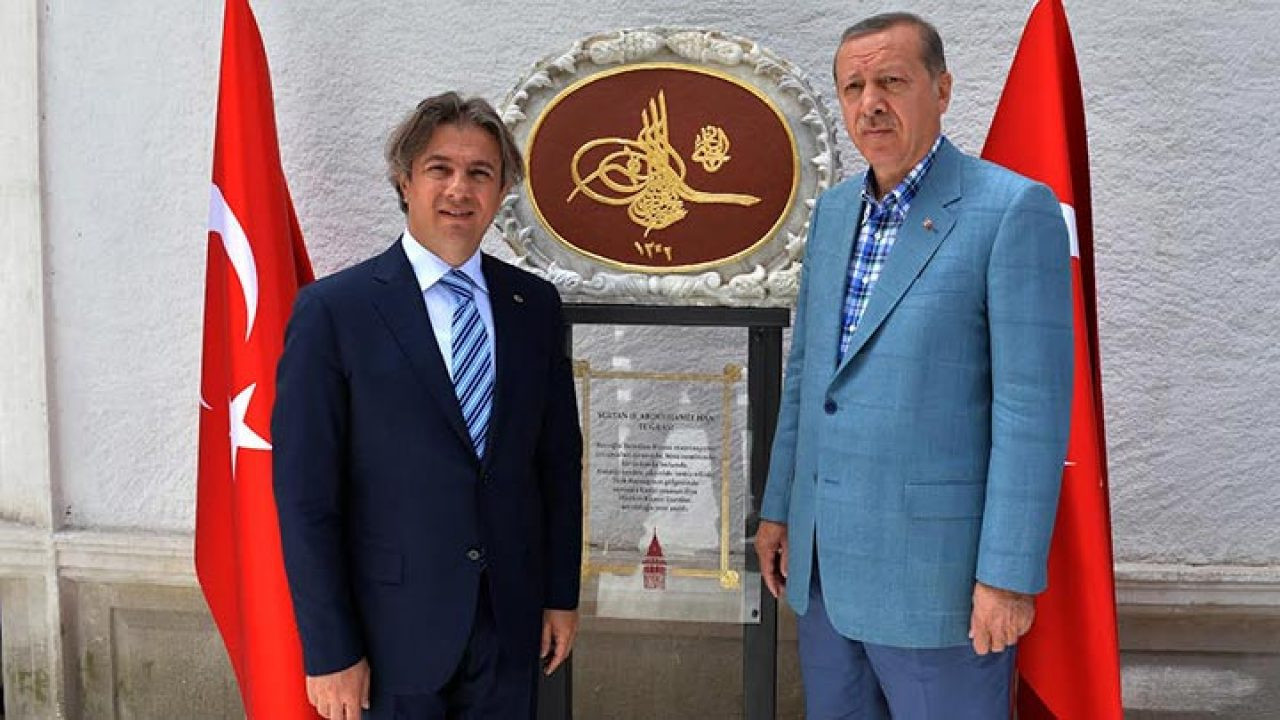
Misbah Demircan, who served as the mayor of Beyoğlu, one of Istanbul’s historic districts, from 2009 to 2014 under the AKP, was appointed as ambassador to Tunisia. Demircan, who holds positions on the board of trustees of foundations associated with President Erdogan’s son Bilal, also served as deputy minister of culture and tourism in 2019. However, in 2021, while still deputy minister, Demircan became embroiled in a scandal when it was revealed that a film for which he was an advisor received a government grant of 1 million Turkish lira from the ministry.
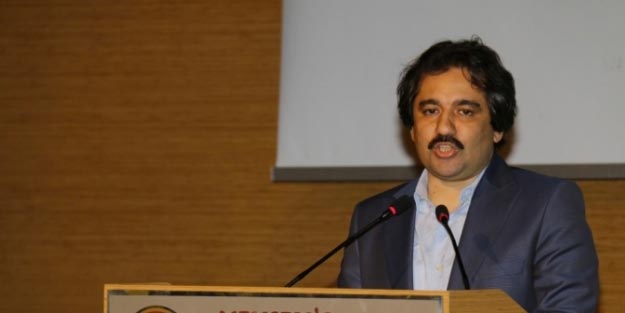
This is not the first time the Erdogan government has appointed controversial figures as ambassadors. During his tenure as an advisor to Erdogan, Muhammet Mücahit Küçükyılmaz, who insulted main opposition leader Kemal Kılıçdaroğlu and also has a criminal record for assault and threatening people, was appointed ambassador to Algeria in July 2023. Küçükyılmaz’s history includes an incident in 2009 where he was involved in a traffic accident that led to a dispute. The court had fined Küçükyılmaz on conviction of assault and issuing threats.
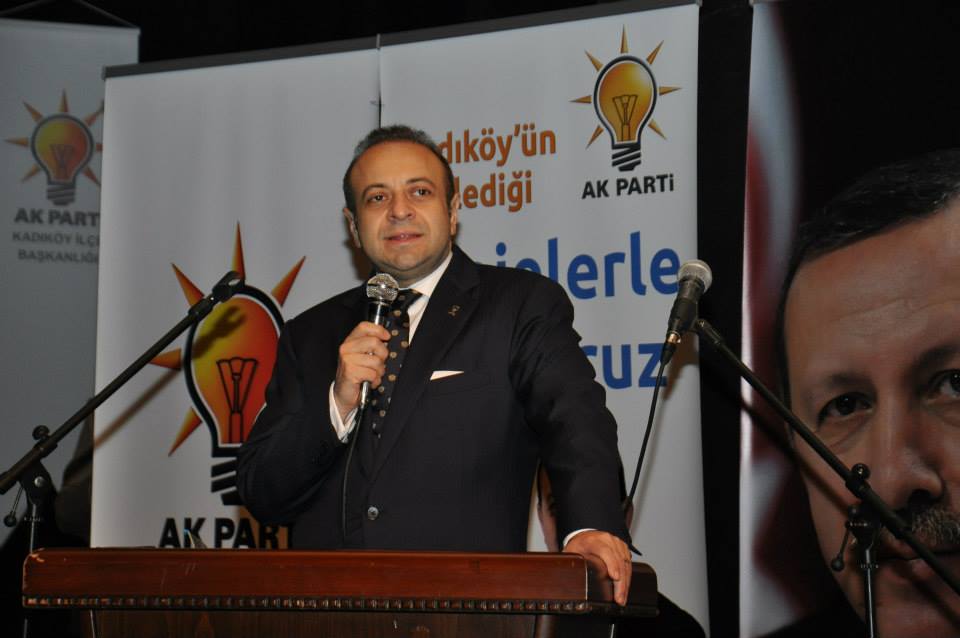
Egemen Bagış, a former minister and member of parliament who was appointed ambassador to the Czech Republic in 2019, faced allegations of accepting bribes from Reza Zarrab, an Iranian-Turkish gold trader and money launderer. Zarrab’s scheme aimed to evade US sanctions on Iran through transactions conducted via Turkey’s state-owned Halkbank. Bagış was accused of aiding Zarrab in circumventing bureaucratic hurdles and helping Zarrab’s father obtain a Schengen visa from the Italian Embassy in Ankara.
Recorded phone conversations revealed Bağış’s offer to assist Zarrab with a hotel project in exchange for which Zarrab sent $1.5 million to Bağış in three separate deliveries. The funds were delivered in unusual ways: first in a shoebox, then in a suit and finally in a box of chocolates. Zarrab was caught on video delivering one of them near Bağış’s residence in Istanbul.

Despite the corruption allegations, President Erdogan dismissed police chiefs and prosecutors, describing them as part of a Gülen movement conspiracy to undermine the government. Bağış and other officials were cleared of any wrongdoing in a vote in parliament in 2014 since parliamentary approval is required for the prosecution of ministers. However, Zarrab’s arrest by the FBI in Miami in 2016 and his subsequent confession as part of a plea deal implicated Bagış and other ministers in bribery and money laundering schemes.
Nordic Monitor previously reported that one-third of high-level positions in the Turkish Foreign Ministry are held by non-diplomats, indicating a growing number of political appointments. This trend has resulted in 25 ambassadors lacking a background in diplomacy. Approximately 10 out of nearly 30 positions at the General Directorate level within the ministry are now occupied by individuals without diplomatic experience, marking a departure from traditional ministry practices.

